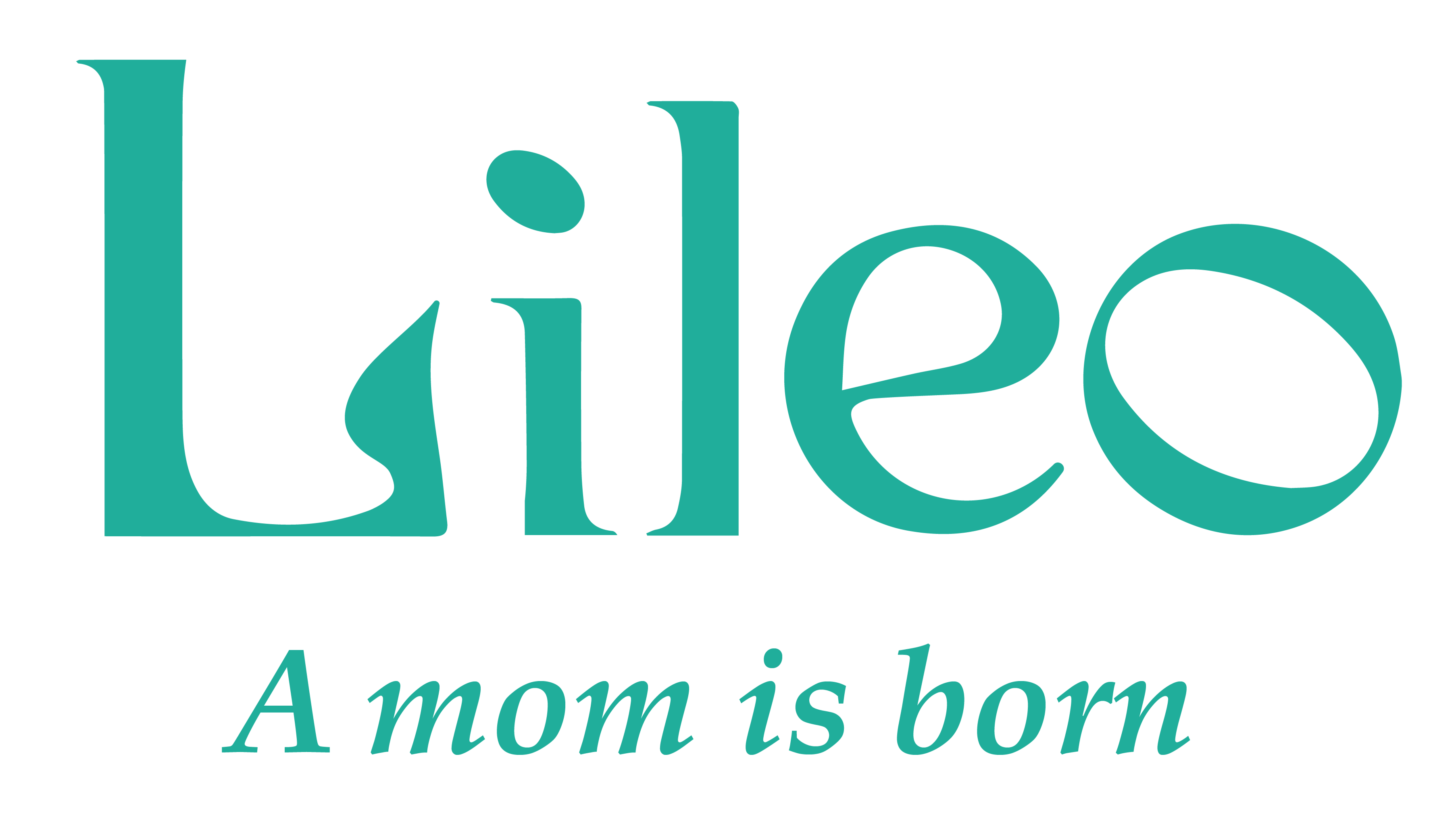Benefits for baby

Breastfeeding is much more than just a way of feeding an infant. It’s an act that brings a multitude of benefits, both in terms of a child’s physical health and emotional and cognitive development. Here’s an overview of the main benefits of breast milk for babies, based on in-depth studies and reports.
Immune protection
Breast milk is rich in immune components that play a crucial role in protecting the baby against various infections and diseases. From the very first days, colostrum, that first thick, yellowish milk, is loaded with white blood cells and antibodies that help protect the newborn against infections and develop its intestinal flora.
Specific benefits:
- Reduced risk of gastrointestinal infections (such as diarrhea and gastroenteritis).
- Reduced risk of respiratory infections, including colds, flu, bronchiolitis and pneumonia.
- Protection against ear infections and other common ear infections in infants.
Cognitive and neurological development
Mother’s milk contains essential fatty acids, such as DHA, which are fundamental to brain and neurological development.
Breast milk contains essential fatty acids, such as DHA, which are fundamental to the development of a child’s brain and cognitive functions. Studies have shown that breastfed children often have better cognitive development scores and higher IQs.
Highlights:
- Increased white matter in the brain, essential for the transmission of neuronal signals.
- Better long-term school performance and social development.
Reducing the risk of chronic illnesses
The benefits of breast milk are not limited to the first few months of life. They extend over the long term, reducing the risk of many chronic and serious illnesses.
Reductions observed:
- Reduced risk of type 1 and type 2 diabetes.
- Reduced risk of certain pediatric cancers, notably leukemia.
- Protection against childhood and long-term obesity.
Benefits for premature babies
Premature babies benefit particularly from breast milk. It offers protection against serious illnesses such as sepsis, chronic lung disease and necrotizing enterocolitis. In addition, breastfeeding contributes to faster hospital discharge and better overall health.
Emotional health and well-being
Breastfeeding not only feeds the baby, it also plays a key role in emotional well-being and the development of the parent-child bond. Oxytocin, a hormone released during breastfeeding, helps create a sense of security and comfort in the baby, while strengthening the emotional bond with the mother. Breastfeeding regulates the baby’s vagal and social systems: how he will feel safe with his environment and others.
Emotional aspects:
- Reduces crying and soothes babies
- Creation of a strong emotional bond, favoring emotional security and social development.
Ease of sleep
Contrary to popular belief, breastfed babies often have more regulated sleep cycles and fall asleep more quickly, thanks to the sleep-inducing hormones in breast milk.
Cranio-maxillofacial development
Sucking at the breast enables optimal growth of the baby’s jaw and palate. The palate is the floor of the baby’s nose. As a result, a well-developed palate enables the child, and later the adult, to have large, well-developed upper airways for breathing through the nose. This is made possible by breastfeeding, uninterrupted, over several years.
Breastfeeding also trains oro-maxillo-facial functions (sucking, chewing, swallowing, breathing through the nose, essential for good health). In addition, breastfeeding helps train and develop, for example, the masseter muscles (main chewing muscles), unlike bottle-feeding, which stimulates the buccinator muscles (accessory chewing muscles). As a result, breastfeeding enables children to chew better, for example, when they first start eating solid foods. Breastfeeding therefore also has an impact on good dental occlusion, essential for mastication and breathing through the nose.
Conclusion
Breastfeeding is a choice that offers incomparable protection and benefits for the baby. Indeed, the unique components of breast milk contribute to immune protection, cognitive development and the prevention of chronic diseases, while ensuring emotional well-being and a strong bond between mother and child. Therefore, promoting exclusive breastfeeding for the first six months of life, and extending it for as long as possible, remains a priority for public health and optimal child development. The WHO recommends breastfeeding for 2 years or more.
Share

